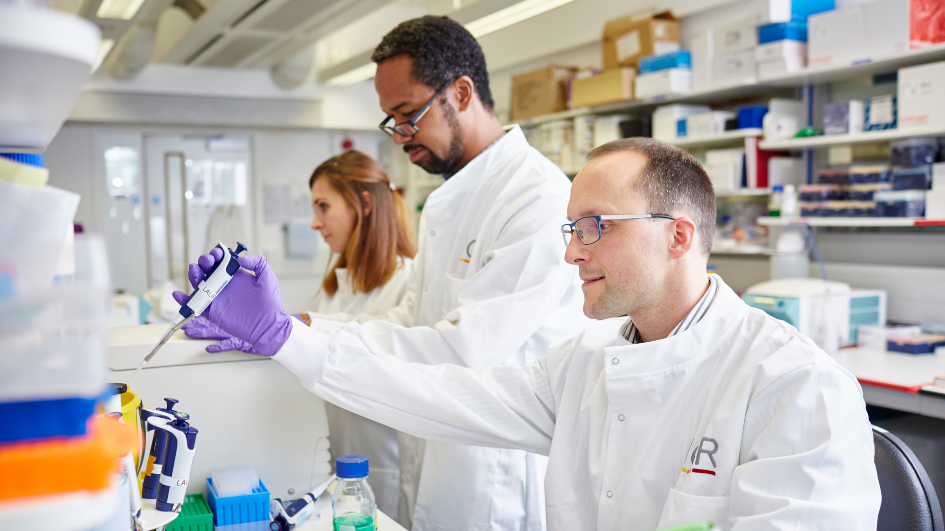US researchers announced on Sunday that in a small, early experiment, nearly a third of patients with advanced liver cancer who got a customized vaccination created by Geneos Therapeutics combined with an immunotherapy drug experienced a shrinkage of their tumours according to Reuters.
According to the researchers, the result was almost twice as high as what would normally be observed with immunotherapy alone.
According to preliminary research findings published in Nature Medicine and presented at the American Association for Cancer Research in San Diego, vaccines based on mutations found only in a patient's tumour may improve the immune system's capacity to identify and combat cancers that are difficult to treat.
After several past failures, the industry is one step closer to developing successful cancer vaccines according to the findings, which still need to be verified in a bigger experiment. Additionally, the types of cancers that these medicines may treat may be expanded.
Partners Moderna, and Merck & Co., among others, have demonstrated favorable results when combining immunotherapy and personalized vaccinations to stop patients' skin cancer from returning after surgery.
To create vaccinations based on neoantigens—new mutations that are specific to each patient's tumour—researchers collected samples from patient tumours. The goal was to train the immune system to target and eliminate these special proteins specifically, sparing healthy tissue.
Liver cancer is classified as a cold cancer because it has fewer mutations than skin cancer, which makes immunotherapies less effective. Skin cancer, on the other hand, has numerous mutations for the body to identify.
"This vaccine essentially educates the immune system to recognize antigens that it ignores," Johns Hopkins Kimmel Cancer Center researcher Dr. Mark Yarchoan explained.
A total of 36 individuals with hepatocellular carcinoma, the most prevalent kind of liver cancer, were included in the research.
Patients received personalized vaccinations in addition to Merck's popular immunotherapy drug Keytruda, which was the standard of care at the time.
After a median follow-up of 21.5 months, nearly a third of the patients treated with the combination therapy (30.1%) showed tumour reduction, and three of the individuals had a complete response, meaning no visible evidence of the tumour remained.
When liver cancer patients undergo immunotherapy alone, the usual response ranges from 12 to 18 percent.
"This certainly suggested that the vaccine actually added clinical efficacy," stated Yarchoan.
The most frequent side effect was a moderate reaction at the injection site. There were no significant negative outcomes.
In contrast to several vaccination proposals that rely on messenger RNA (mRNA) technology, Geneos therapy is a DNA vaccine that involves injecting the altered proteins' genetic code into cells using a small electrical impulse. Up to 40 mutant genes can be targeted by a single vaccination.
Larger trials are being planned, according to Yarchoan, who did not disclose further information.

























